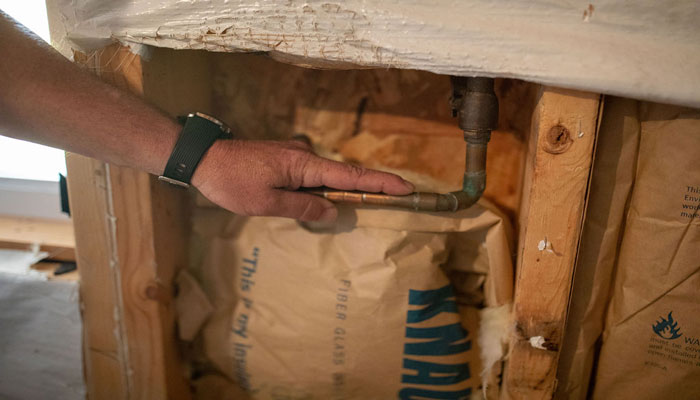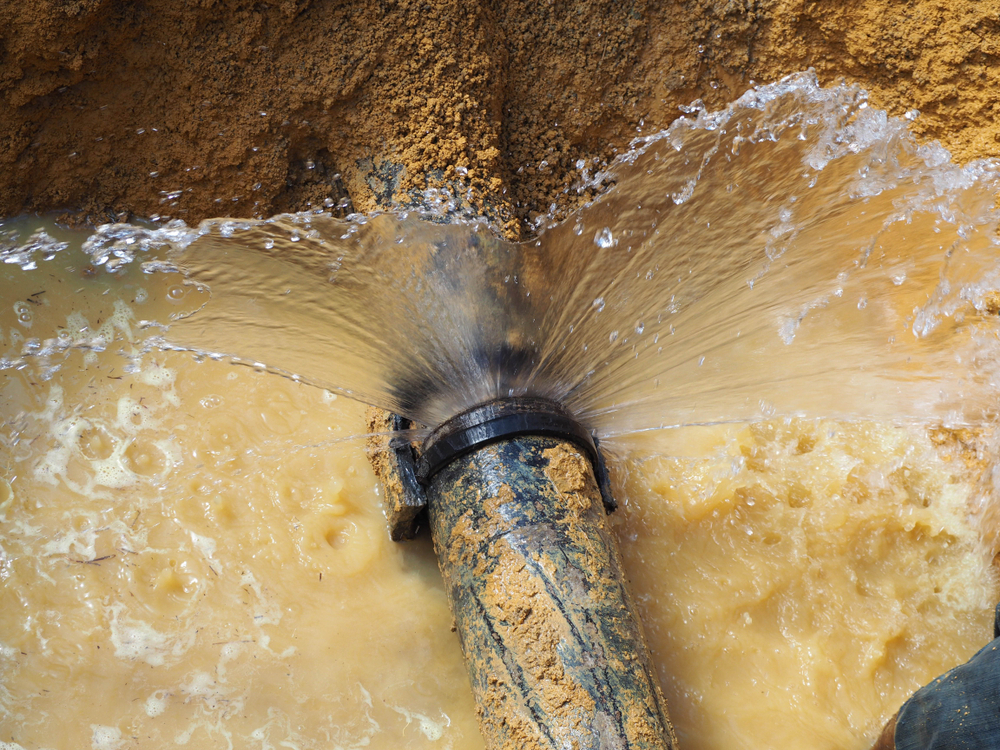Quick Overview: Identifying and also Fixing Burst Pipes in your house
Quick Overview: Identifying and also Fixing Burst Pipes in your house
Blog Article
We have stumbled upon this post about What to Know Before Installing a Dishwasher listed below on the net and think it made perfect sense to relate it with you over here.

A ruptured pipeline is a major emergency; you can just stand as you view water you pay a lot to reunite with the planet. In worse situations, you notice a pool on your cooking area floor, which is a wonderful trip danger, specifically if you have kids around. If the pipeline that ruptured was in your wall surfaces, bad news: you may require to repaint that entire area.
How can a catastrophe like a ruptured pipe be avoided and also managed? Well, by paying attention to your professional emergency plumbers and also following these regulations.
How do I recognize when my pipes have ruptured?
Varying water stress
Pipes do not simply burst in a day. You may have noticed that your kitchen area faucet or shower doesn't run quickly when you turn the tap. It may stop for a few secs and then blast you with even more force than normal.
In other circumstances, the water might seem regular at first, after that drop in stress after a couple of seconds.
Damp walls as well as water discolorations
Before a pipeline bursts, it will certainly leakage, many times. If this relentless dripping goes unnoticed, the leakage might graduate right into a wide laceration in your pipeline. One easy means to avoid this emergency is to watch out for damp walls ad water discolorations. These water stains will lead you right to the leakage.
Puddles under pipes as well as sinks
When a pipeline ruptureds, the outflow develops a pool. It may appear that the pool is expanding in size, as well as despite how many times you mop the pool, in a couple of minutes, there's one more one waiting to be cleansed. Often, you may not be able to map the pool to any visible pipelines. This is an indicator to call a professional plumber.
Untraceable leaking sounds
Pipeline ruptureds can happen in the most undesirable locations, like within concrete, inside walls, or under sinks. When the house goes silent, you may be able to listen to an aggravatingly relentless trickling sound. Also after you've inspected your shower head and kitchen tap, the trickling might proceed.
Precious visitor, the dripping may be coming from a pipeline inside your wall surfaces. There isn't much you can do regarding that, except tell an expert plumber.
Shut down the Water
When water ices up, it broadens in volume by about 9 percent. And it increases with significant pressure: The pressure inside pipes might go from 40 extra pounds per square inch to 40,000 psi! No pipeline can hold that much pressure, so it breaks open. The break might take place where the ice types, but more often, it takes place where water pressure finds a weak spot in the pipeline. That may be inches or even feet from the icy location. Discover the water shutoff valve and also switch off the water to avoid more damages. You may also need to shut down the electrical energy as well, relying on where the leakages happens and just how huge it is.
Contaminated water
Many individuals presume a burst pipeline is a one-way outlet. Quite the contrary. As water spurts of the hole or laceration in your plumbing system, contaminants locate their way in.
Your water might be polluted from the source, so if you can, inspect if your water tank has any kind of issues. However, if your alcohol consumption water is provided as well as purified by the local government, you must call your plumber instantly if you see or scent anything funny in your water.
What do I do when I spot a ruptured pipeline?
Your water meter will remain to run even while your water wastes. To minimize your losses, locate the primary controls and transform the supply off. The water mains are an above-ground framework beside your residential or commercial property.
How to Fix & Detect a Leaking Pipe
How Do I Know if a Pipe is Leaking?
Leak detection tests can help you determine if your pipe has a leak. Even if you don’t see an apparent leak, you should still conduct leak detection tests regularly to save water and money—and prevent major damage to your home.
Water meter. It can be helpful to figure out what your usual water meter usage numbers are and then monitor them regularly. To monitor your meter, first, turn off all water faucets in your home. Check the meter and write down the numbers. In a few hours, check the meter again. If the numbers have changed, you have a leak. Water gauge. Use a water gauge to test your water pressure. Your showerhead should produce a certain amount of water pressure based on its model and design. If the pressure is lower than it is supposed to be for that specific showerhead, your home likely has a leak. Puddles. Look inside your bathroom, laundry, and kitchen sink cabinets. Puddles around the cabinets or around toilets, tubs, showers, and washing machines indicate the presence of a leaking pipe. You may also notice loose tiles, peeling or flaking paint, or mold caused by water accumulation. Napkin test. Even if you don’t see any puddles, you may still have a leak. You can test for water leaks in the bathroom, laundry, and kitchen by wiping below-sink connections with a napkin, paper towel, or piece of toilet paper. If it becomes damp, you probably have a leaking pipe under the sink. Discolored walls. Walls that are discolored—usually with brown or yellow stains—or bulging might mean that they have been impacted by water damage caused by a leaking pipe. Smell. A leaky pipe will create sitting water, and over time, that water may develop a musty smell. If your home smells musty, but you can’t locate the source, it may be due to a leak. Steps for Fixing a Leaking Pipe
A leaky drain can be remedied by tightening the pipe base, replacing the drain seal, caulking the rim, and tightening the pipe nut. Similarly, a leaking toilet pipe can be treated by tightening the packing nut. You may also need to replace the valve. A leaky faucet may just need tightening or replacement of the washers. If that doesn’t work, consider replacing your faucet. If your pipe has a hole in it, you may want to use a pipe leak sealer or pipe leak tape. This quick fix for water pipe leaks can also temporarily fix a copper pipe leak. https://www.ahs.com/home-matters/quick-tips/how-to-tell-if-pipes-are-leaking/

As a fervent person who reads about How to Install and Connect a New Dishwasher, I imagined sharing that chunk was a great idea. Those who appreciated our page plz do not forget to pass it around. Thanks so much for going through it.
Click Here To Read More
Report this page